Near the border between the Kurdistan Region and Iran lies Halabja, a city whose name evokes both profound sorrow and hope. Once synonymous with the horrors of chemical warfare, Halabja has now emerged as a symbol of administrative rebirth and gender equality brightened by the vision of Kurdish leadership.
On April 14, Halabja became Kurdistan’s fourth and Iraq’s 19th governorate, marking a historic milestone – an achievement crowned by the appointment of Nuxsha Nasih as Iraq’s first female governor.
Halabja’s wait was one of endurance and patience; in other words, one might say justice was delayed but eventually fulfilled.
Rightful determination, political courage, and the relentless pursuit of dignity paved the way for this achievement. Historically, President Masoud Barzani began advocating for awarding Halabja the status of governorate from the early 2000s, a goal later taken up by the Kurdistan Regional Government (KRG) from the 2010s and onward.
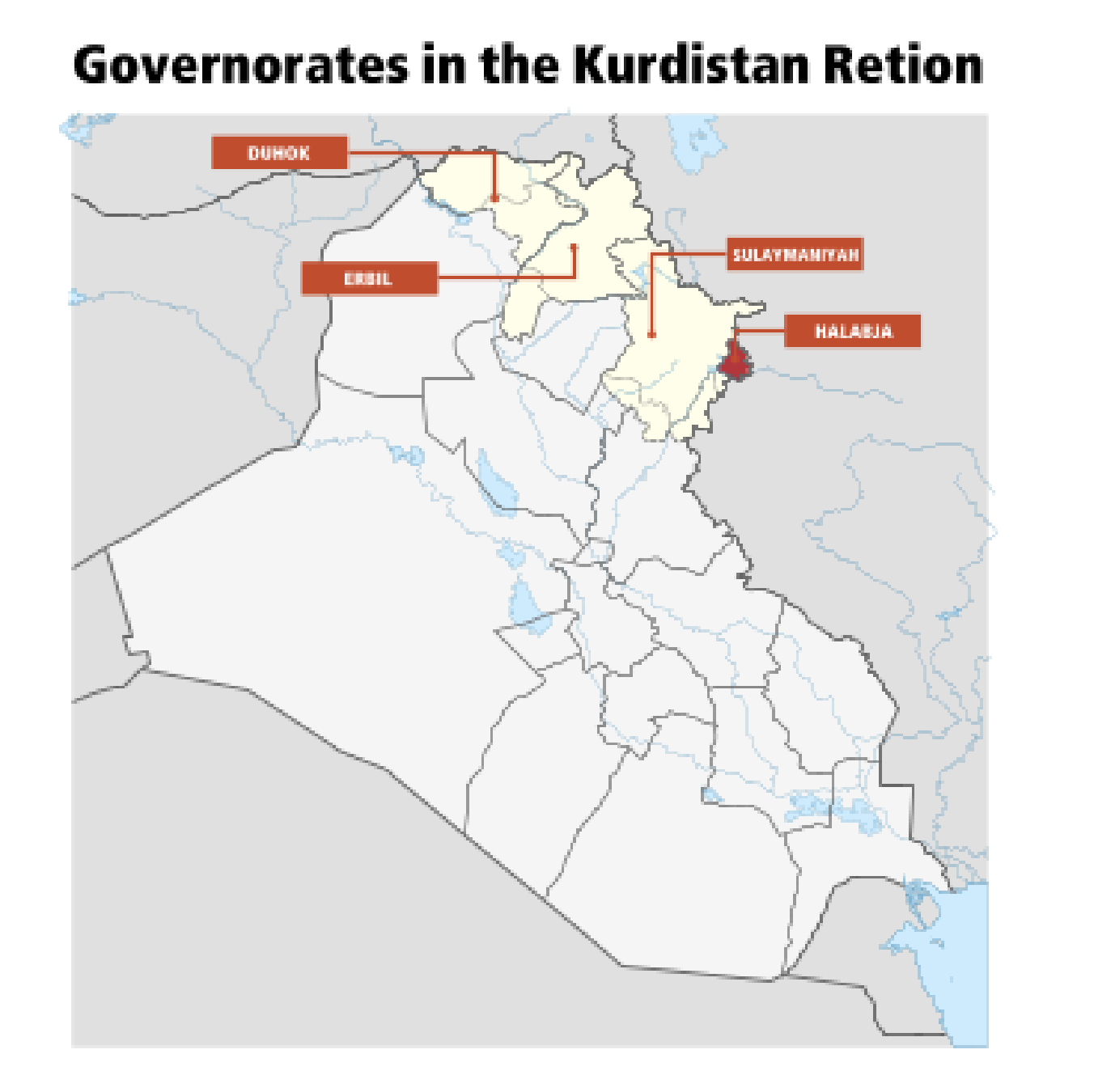
A persistent people
Halabja’s identity is inseparable from the 1988 chemical attack, one of the darkest chapters of Saddam Hussein’s genocidal Anfal campaign. On March 16, 1988, Iraqi MiG jets dropped mustard gas and nerve agents on the city, killing 5,000 civilians, mostly women and children, and injuring thousands more. The attack, perpetrated by the former Iraqi regime in order to end Kurdish resistance, instead elevated Halabja’s status as both an integral part of Kurdistan and a global emblem of resilience.
For decades, survivors fought for recognition and many passed away awaiting a cure. The city, meanwhile, awaited a legal remedy. The tragedy of Halabja left a profound wound on the hearts of all Halabjans and Kurds as a whole. The district still requires increased healthcare infrastructure and support, as many live with chronic health issues, including cancer and birth defects.
The city’s official governance and managerial status upgrade to governorate in 2025 is thus seen as “long-awaited justice” for these sacrifices. The change opens doors to new possibilities and is a step toward honoring the blood of the martyrs, rewriting Halabja’s narrative from one of victimhood to agency.
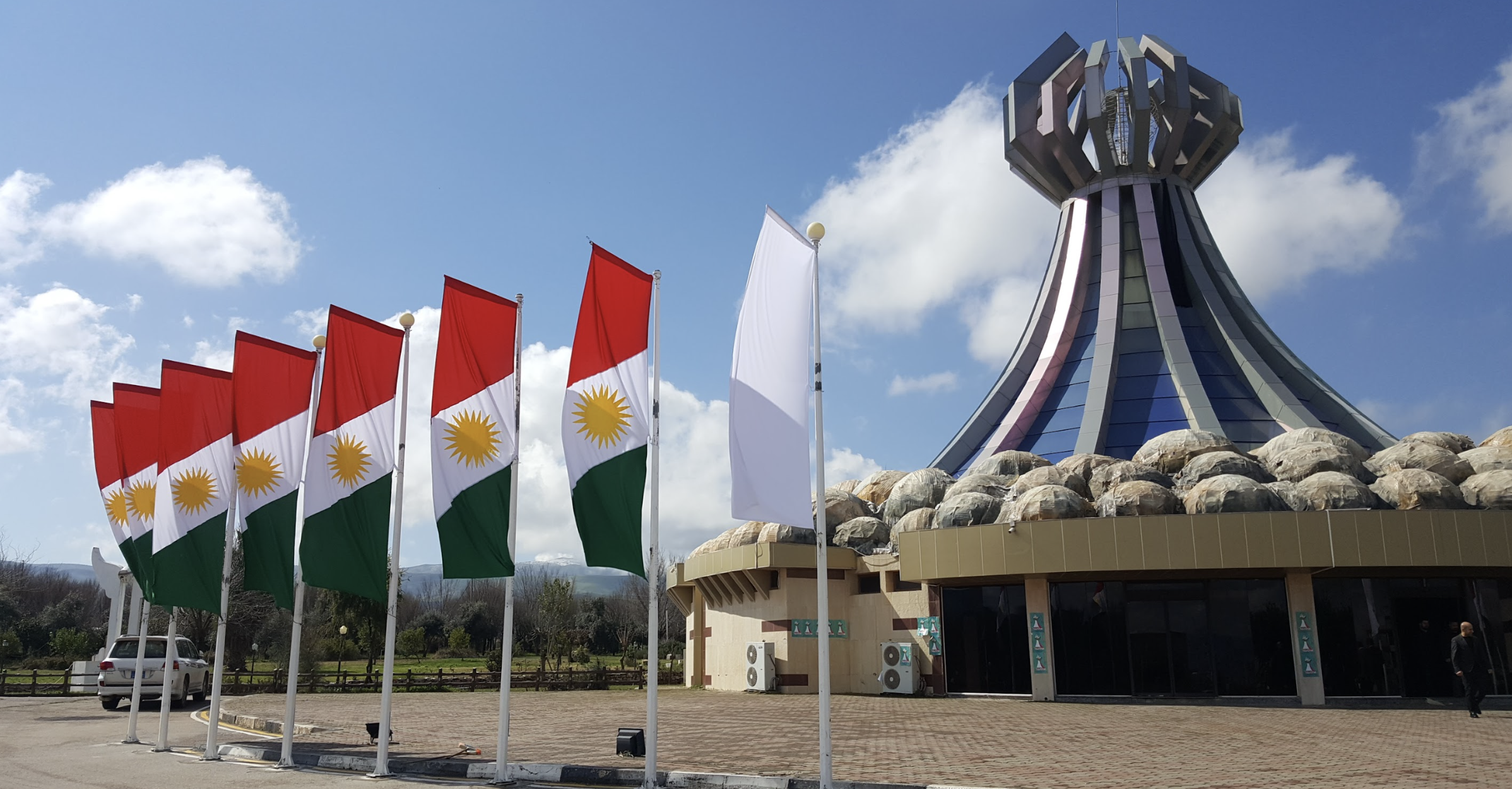
The road to governorate status: a decade-old struggle
It all began in 2009, when President Barzani promised the status of governorate for Halabja to its people, with successive KRG cabinets working wholeheartedly toward this goal. While the KRG unilaterally declared it a governorate in 2014, federal recognition stalled due to disputes between Erbil and Baghdad, as well as sectarian divisions among Sunni and Shi’a lawmakers. More recently, competing demands from regions like Tuz Khurmatu and others across Iraq further complicated legislative progress.
The breakthrough came on April 14, 2025, when Iraq’s parliament, with 178 of 329 members present, voted to formalize Halabja’s status as previously recognized by the KRG. The law, published in Iraq’s official gazette on May 5, granted the city administrative autonomy, federal funding, and the authority to manage local infrastructure and services. Kurdish leaders, including Kurdistan Region President Nechirvan Barzani and KRG Prime Minister Masrour Barzani, hailed the move.
Key to this success was the behind-the-scenes diplomacy and dedication of Prime Minister Barzani and other KRG officials. The governorate’s new budget, projected to be about $200 million annually, is to be used for roads, hospitals, and memorial sites to attract people locally and internationally.
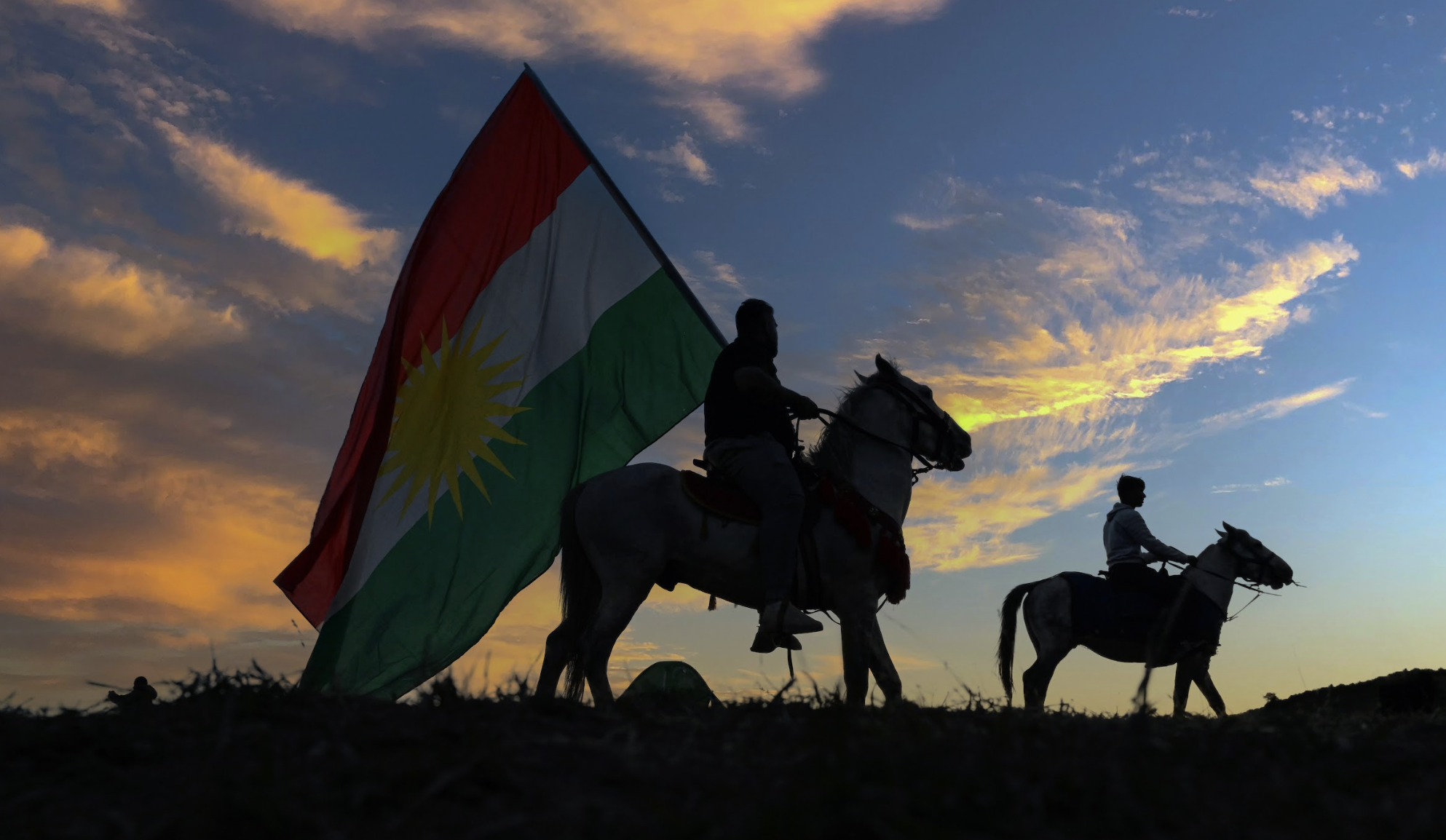
Nuxsha Nasih
Amid this historic shift, Halabja witnessed another milestone: the appointment of Nuxsha Nasih as Iraq’s first female governor. As an experienced politician and public servant, Nasih has served as Halabja’s mayor since 2016, earning respect for her advocacy for survivors and infrastructure development. Her promotion in March 2025, triggered by the retirement of former governor Azad Tofiq, symbolized a crack in Iraq’s political glass ceiling.
Nasih’s leadership style blends pragmatism with symbolism. She has prioritized partnerships with nongovernmental organizations to address Halabja’s healthcare crisis, including a joint initiative with Doctors Without Borders to establish a specialized clinic for chemical attack survivors. Her work to establish an international airport in the governorate aims to connect Halabja to Kurdish diaspora communities, fostering economic and cultural ties. Her journey underscores systemic challenges as Halabja’s council has not held elections since 2014.
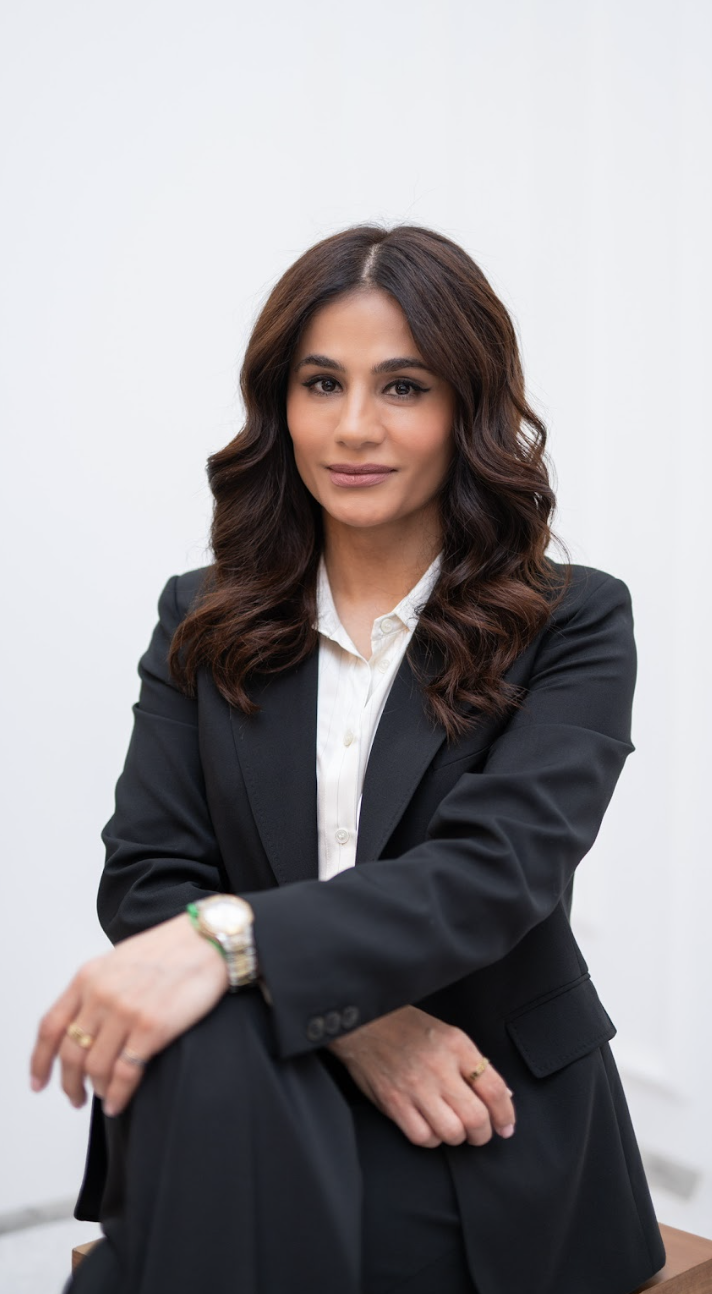
Challenges and hope for the future
Despite this major victory, many challenges still lie ahead for Halabja; citizens still suffer from unemployment and the physical and psychological scars of 1988. Hence, federal budget allocations and financial support for long-awaited projects remain crucial, as does addressing demands for the return of victims’ remains and reparations for survivors of the Anfal Campaign.
The KRG has reiterated its commitment to supporting Halabja Governorate. Internationally, the United States has pledged $15 million for demining efforts, while Italy committed to funding a peace education center and vocational training programs. The UK announced scholarships for Halabja’s students to study abroad. For Halabja’s people, however, the true measure of success lies in tangible change: schools rebuilt, hospitals staffed, and jobs created.
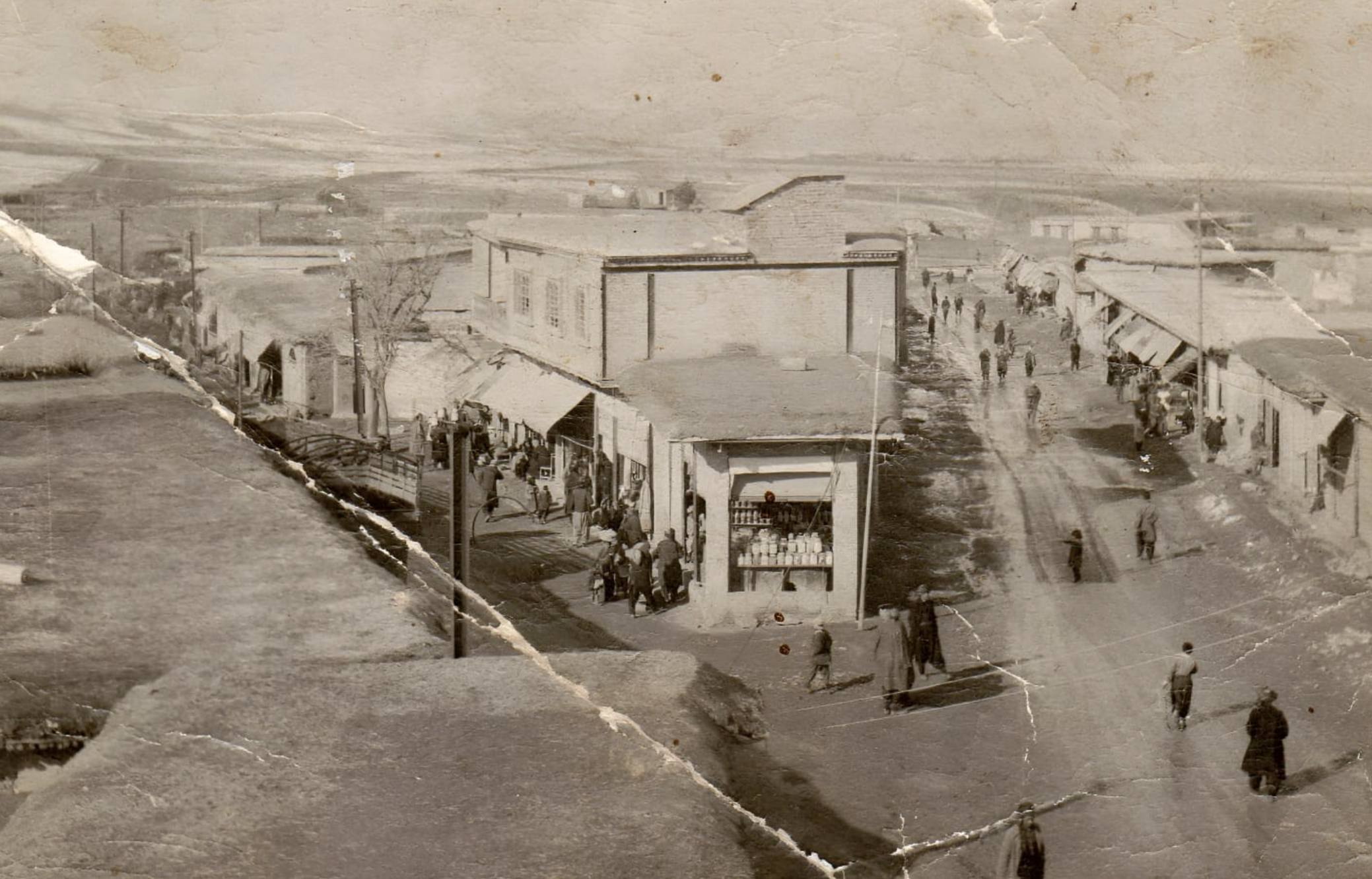
A beacon of change
Halabja’s story has two sides: a past full of suffering and a future shaped by resilience and dedication. Its provincial recognition and Nasih’s historic appointment represent more than administrative shifts – they are manifestations of Halabja’s pure struggle for recognition. As Nasih remarked, “The souls of the 5,000 martyrs are at peace today.” Yet the road ahead demands vigilance, and the time for more action is now.
Halabja stands as a testament to what marginalized communities can achieve through perseverance amid challenges. Its journey from ashes to autonomy offers a blueprint for healing. The governorate’s phoenix-like rebirth is a reminder that justice, though delayed, can still bloom in the harshest conditions. Halabja’s revival can be a model for post-conflict recovery, blending memory with modernity in post-colonial Iraq.
Yadgar Ismail is an academic, political analyst, journalist, and translator whose work centers on Kurdish identity, postcolonial politics, and minority struggles.